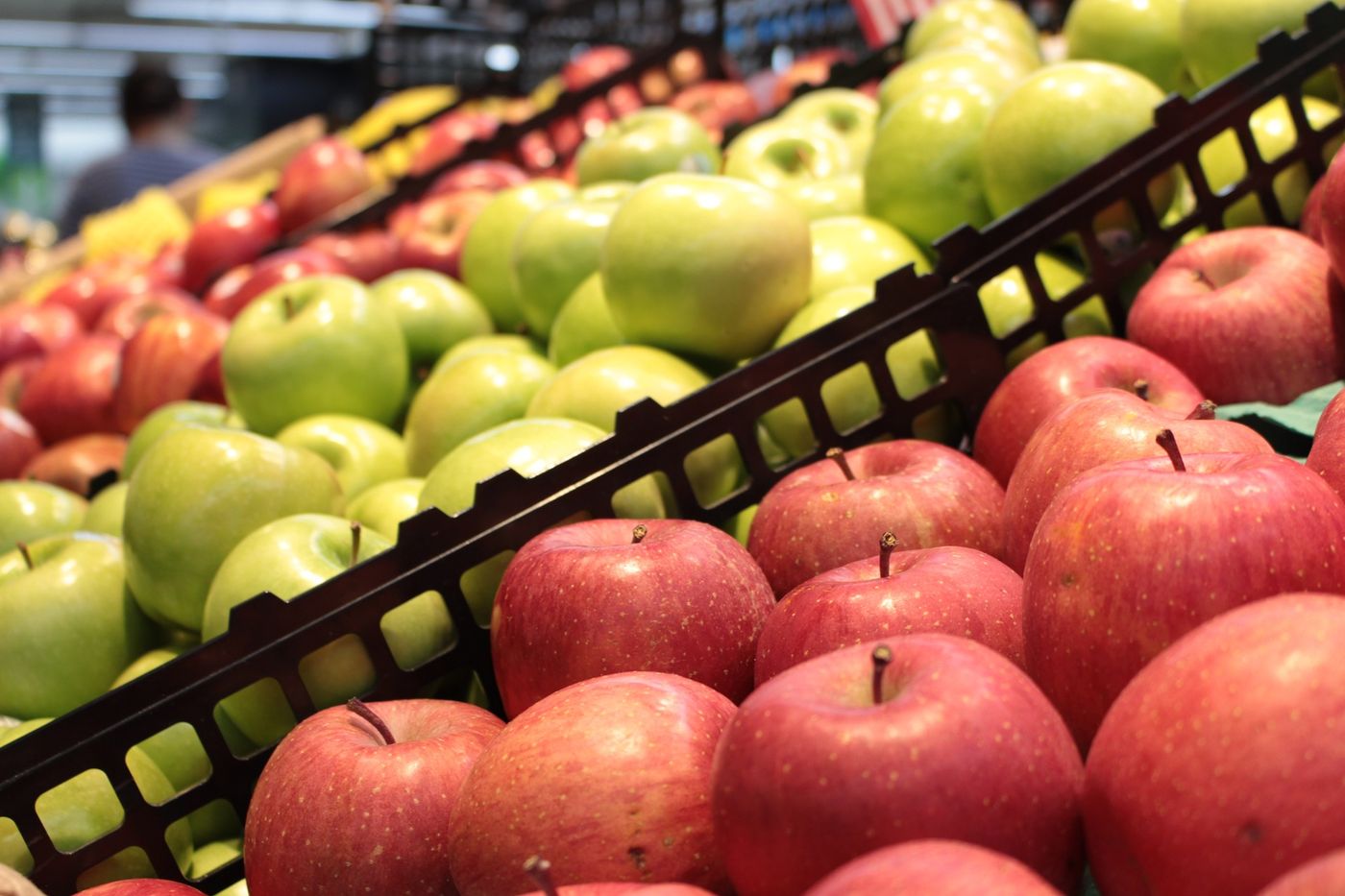
How does your income affect your child's diet? it's complicated
What she found was eye-opening. Unhealthy diets are the No. 1 cause of death in the U.S., she said, and there are stark differences in diet quality between rich and poor in the U.S. — known as nutritional inequality — but for more reasons than people realize It's much more complicated, she said.
"I can't overstate how incorrect the misconception is that low-income parents don't know what healthy eating is," Fielding Singer told TODAY.
"No mom has told me she thinks soda and fast food are healthy choices for her child, and almost every mom agrees that fruits and vegetables are a core part of their child's diet."
But despite these shared values, the environment in which mothers raise their children profoundly affects how they think about junk food, home cooking, and what to buy at the grocery store.
The concept of a "food desert" isn't as important as previously thought, writes Fielding-Singer in her new book, How Your Other Half Eats: The Untold Story of American Food and Inequality.
High-income moms have more dietary rules and proudly say "no" to their kids' requests for candy and chips, while low-income moms have compelling reasons to say "yes."
Then there are mixed attitudes about Whole Foods, kale, and organic snacks.
Fielding Singer, an assistant professor of family and consumer studies at the University of Utah, focuses on women, who remain the most likely to be in charge of household food.
She shared some of her findings with TODAY:
Food deserts are not a problem
The term "food desert" became very popular in the early 2010s, largely because of Michelle Obama's "Let's Act" campaign aimed at ending childhood obesity.
It said people living in low-income communities had poor diets because they faced significant barriers to accessing healthy food. They have to shop at gas stations or convenience stores because they can't get into supermarkets.
But when you put the food desert argument to the test, the data really don't prove it. Most people in this country shop in supermarkets, whether they live in a food desert or not - 90% of supermarket trips are done by car.
When a supermarket opens in a food desert, people just shop from further afield to this new, closer supermarket. But that doesn't actually change what they buy, so if they buy frozen pizza and chips at a supermarket farther away, they'll buy the same thing at a supermarket closer.
It makes sense: Our food choices are not only about what we can get, but also what the food means to us.
Why Some Moms Say Yes to Junk Food
For mothers raising children in poverty, making ends meet depends on having to constantly say no, which is very difficult because children are always asking for things, and feeling like a good parent is partly about being able to give their children what they want want something.
For these moms, junk food is one of the few things they can say yes to. So even though they don't want their kids to eat these foods, in the context of such severe scarcity, saying "yes" does make sense. It is symbolic. They show their children that they hear them and love them, and show that they are competent caregivers.

Wealthy families have more food rules
It's a bit surprising that the exact same "no" behavior is painful for low-income mothers, but a source of pride for high-income mothers.
They're parents in a "yes" world where you can give your kids private school and family vacations, so saying "no" to food isn't all that frustrating. High-income parents are more likely to act on the values and beliefs they share with low-income parents when it comes to healthy food because they have so many other things to say yes to.
This makes them feel like they are good caregivers, like they are making sure their children are eating healthy and their children are learning self-control over food.
Processed, prepared foods can buy time and satiety
While it's true that cooking at home is healthier and less expensive, the instructions for cooking at home seem out of touch with the realities of parenting and what it's like to be working full-time and caring for your kids.
A very simple reason why mom might choose to serve pizza over home cooking is that these convenience foods are delicious and delicious, and at the end of the hard work you've been standing for 12 hours, the thought of standing in front of the stove for another hour is a little different to take. The alternative options for starting things are comparable.
Low-income mothers often prioritize foods they know their children will eat. If they try to make a veggie stir fry, there's a chance their kids won't eat it, but if they order a pizza, they can guarantee their kids will eat that food and go to bed that night.
Being able to navigate a child's fuss is really an asset, and it's made possible by financial resources.
Kale vs. Kale: How Race and Class Shape the Food Landscape
Although they are actually very similar, the perceptions of these greens are very different. Some of this comes from the fact that our society's understanding of what makes food healthy is partly due to the nutritional value of food, but also depends on the people who have eaten it throughout history.
Kale has been hailed as this nutritious superfood. It was thought to be something consumed by upper-middle-class, skinny white women.
The true nutritional value of kale has not received the same recognition. They are a core ingredient in soul food, the cuisine associated with black American culture, which I would say is largely derided as unhealthy.
The halo of Whole Foods Market
Whole Foods is the most mentioned supermarket in my conversations with moms. It's not just a grocery store - it's actually a symbol of a certain diet, lifestyle and social class.
For high-income mothers who shop at Whole Foods, there's often an underlying assumption that they're buying better and healthier products. Of course, it makes sense: Whole Foods has a wide variety of organic fruits and vegetables; they offer certain products not found anywhere else.
But Whole Foods also sells processed foods, which aren't necessarily more nutritious than what you'd buy at a low-end supermarket. But for mothers who buy organic cheddar chunks for their kids at Whole Foods rather than Lucky, there's a sense that they're feeding their kids something better.

Emotional attachment to food goes beyond health
At the end of the day, many of our food choices have less to do with health or nutrition and more to do with other roles that food plays in our lives. It brings us joy, connection, joy and nostalgia. So anyone who thinks this is just about health and nutrition misses the broader context in which we make these choices.
Like my work?
Don't forget to support or like, so I know you are with me..
Comment…